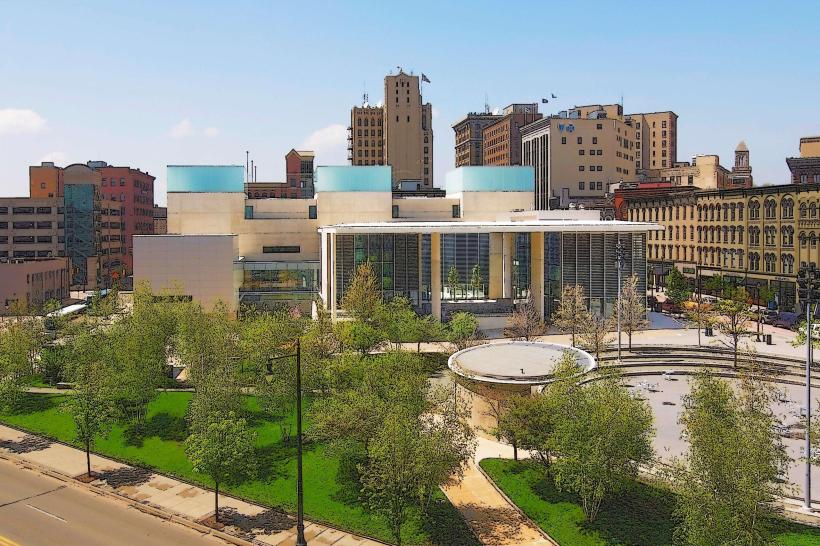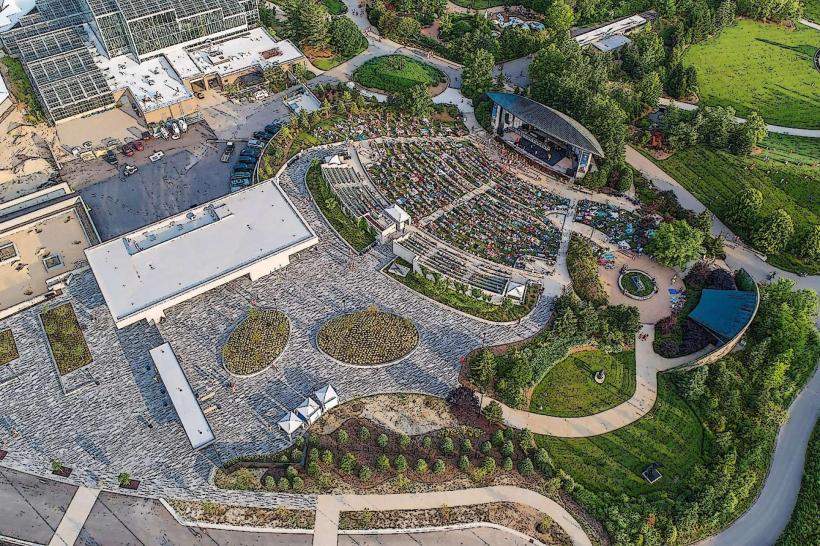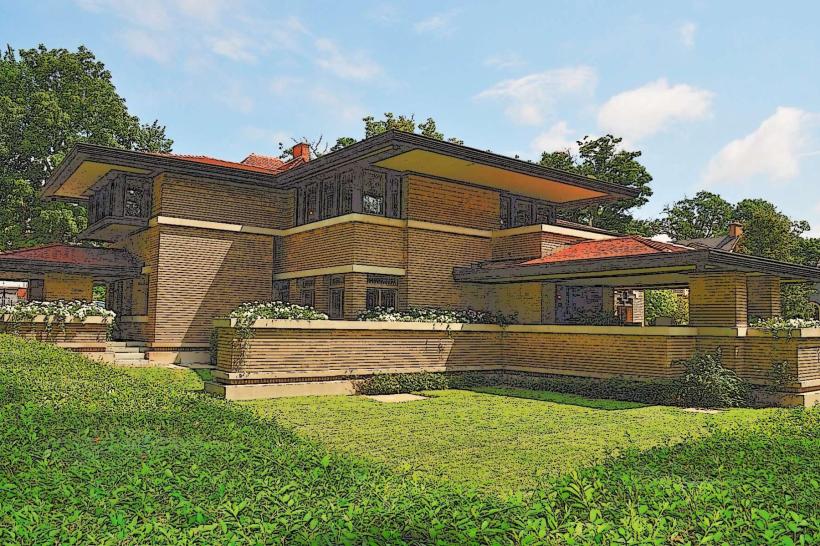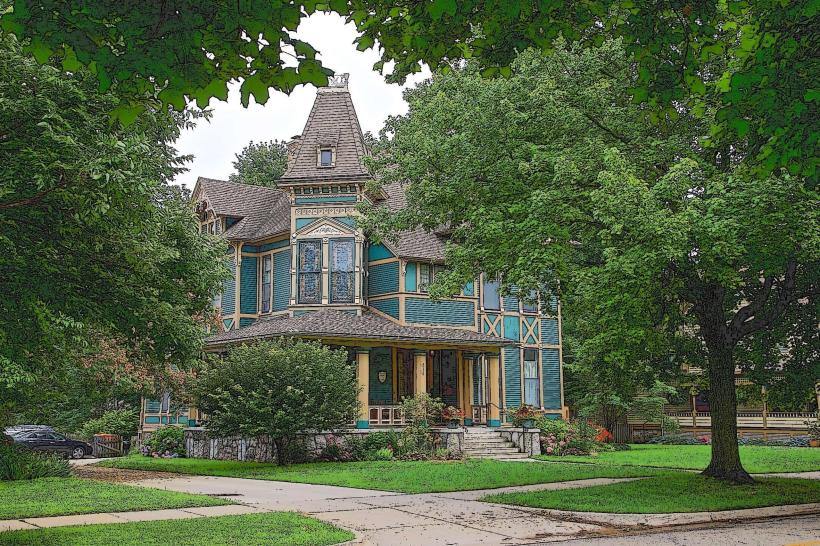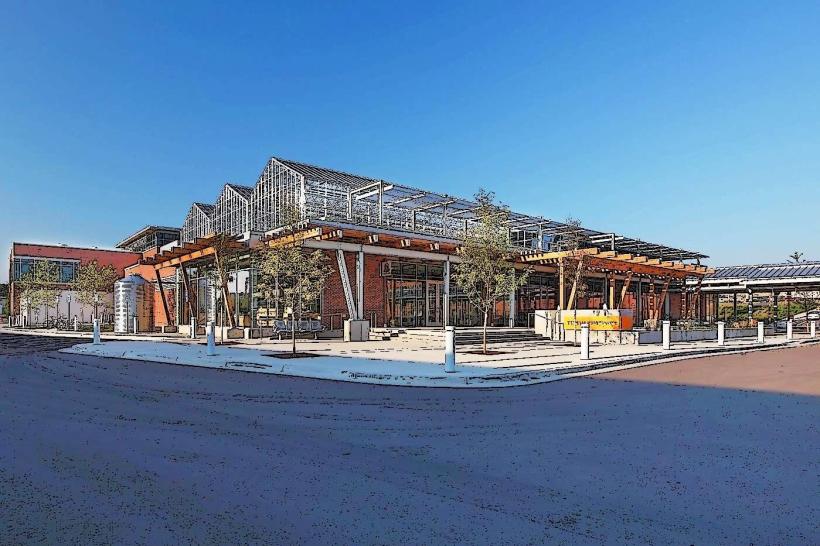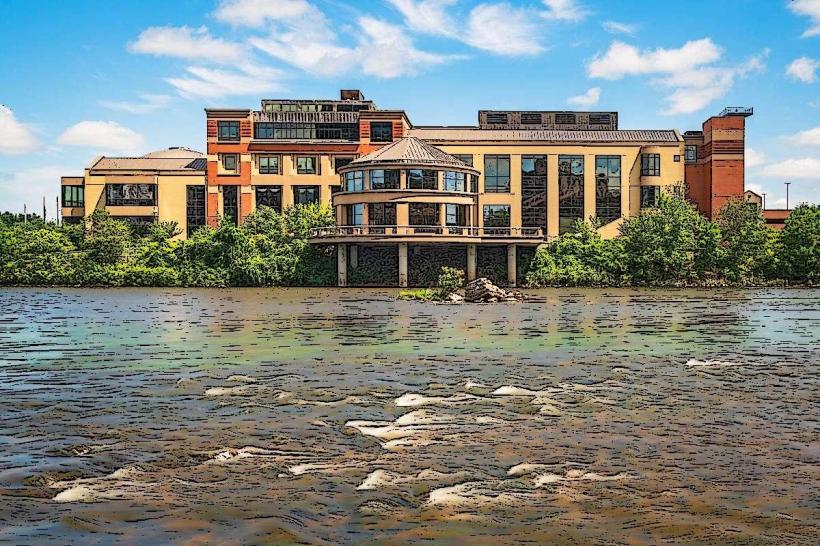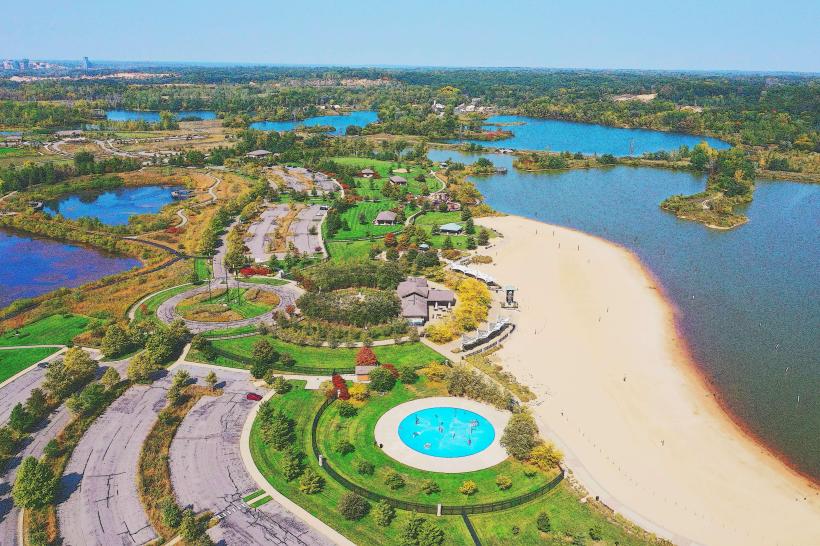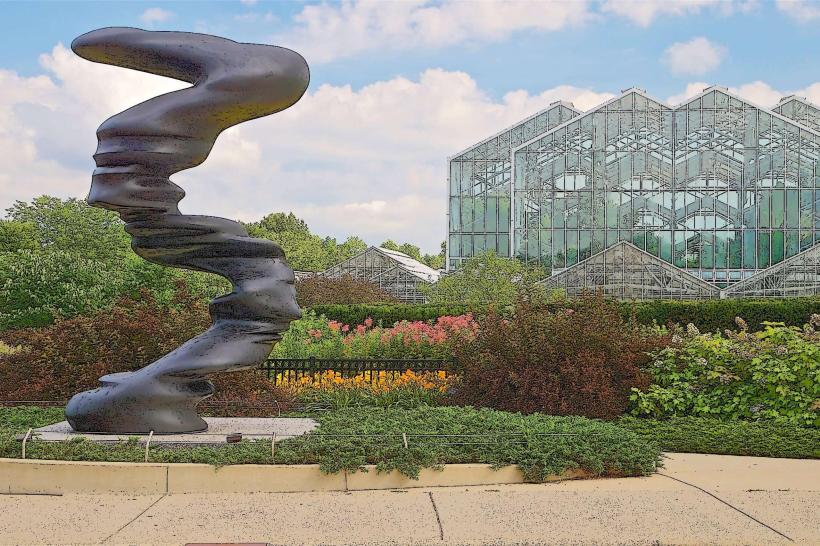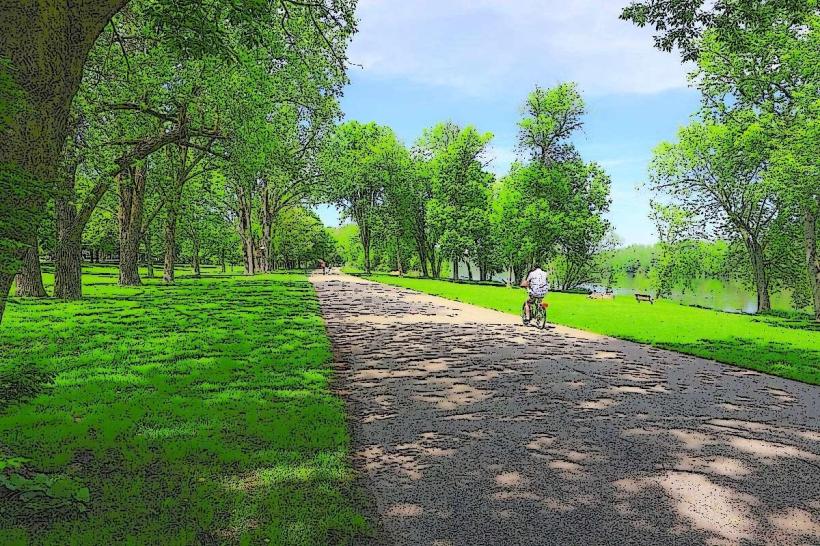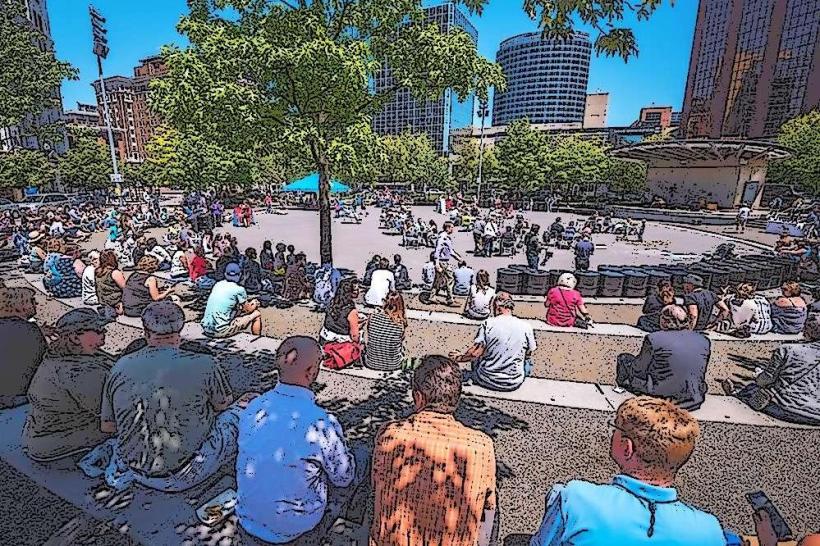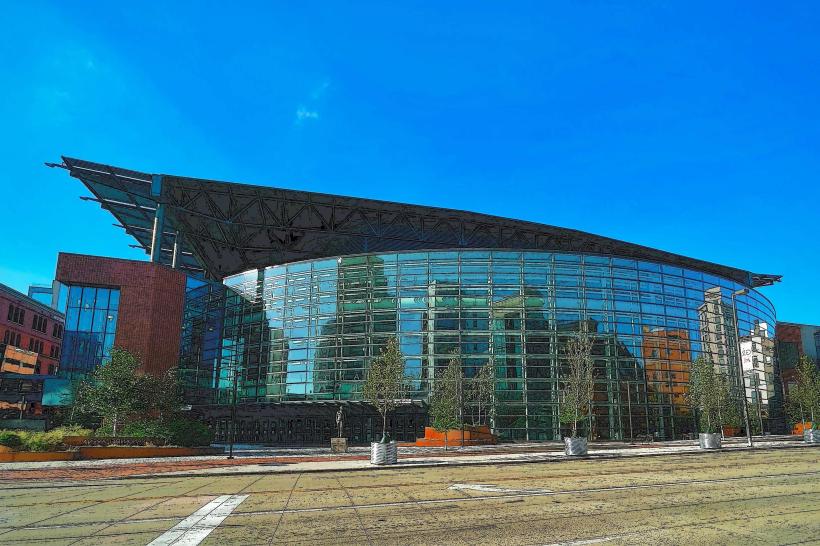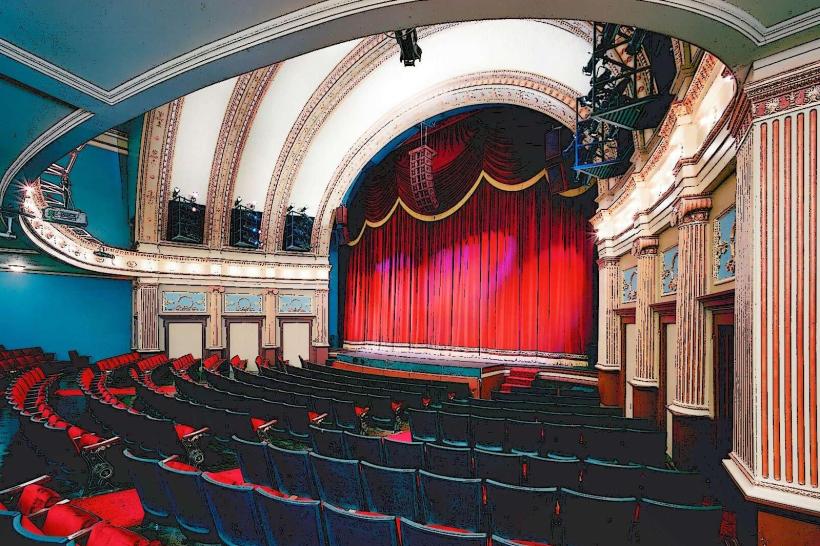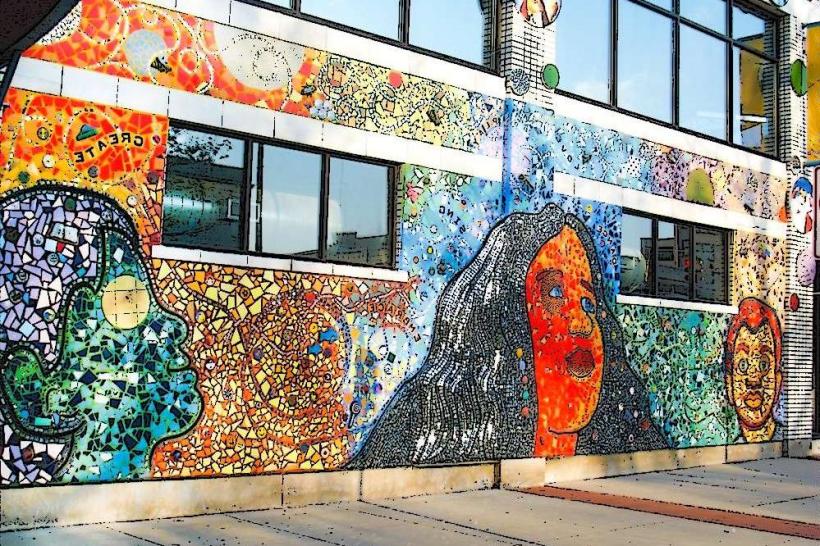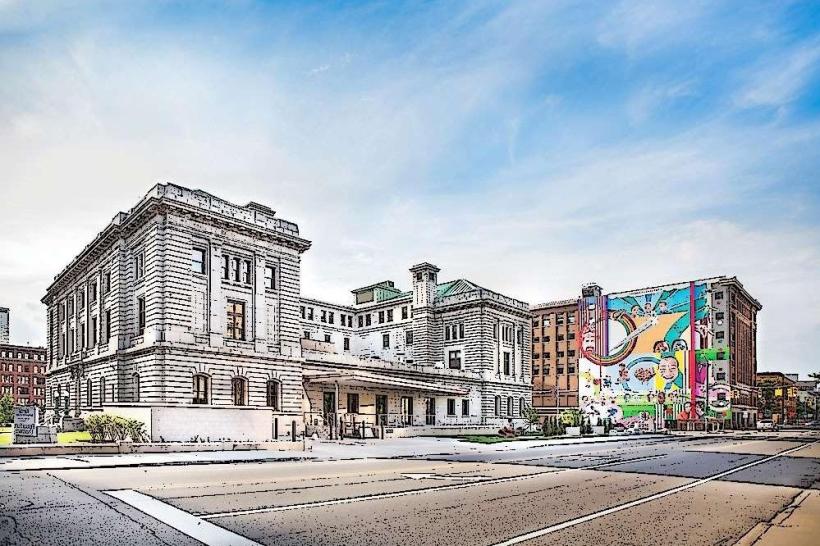Information
Landmark: Gerald R. Ford Presidential MuseumCity: Grand Rapids
Country: USA Michigan
Continent: North America
Gerald R. Ford Presidential Museum, Grand Rapids, USA Michigan, North America
The Gerald R. Ford Presidential Museum is a federal archive and museum dedicated to the life and presidency of Gerald R. Ford, located in Grand Rapids, Michigan.
It serves as a repository for historical documents and artifacts related to the 38th U.S. President and his administration.
Visual Characteristics
The museum building is constructed primarily of precast concrete panels and glass. It features a modern architectural style with clean lines and a rectangular footprint. The exterior is predominantly light gray concrete with large expanses of tinted glass. The structure stands at approximately three stories in height.
Location & Access Logistics
The museum is situated at 303 Pearl Street NW, Grand Rapids, MI 49504, on the west bank of the Grand River, approximately 0.8km west of the Grand Rapids city center. Parking is available in the adjacent parking ramp, accessible from Pearl Street NW. Public transport options include The Rapid bus system; Route 12 stops within 0.2km of the museum entrance.
Historical & Ecological Origin
Construction of the Gerald R. Ford Presidential Museum began in 1978 and it opened to the public in 1981. The museum was designed by the architectural firm of WBDC Group. Its original purpose was to preserve and exhibit the papers, artifacts, and legacy of President Gerald R. Ford.
Key Highlights & Activities
Visitors can view a full-scale replica of the Oval Office, explore exhibits detailing Ford's life from his childhood to his presidency, and examine artifacts from the White House. Interactive displays allow for engagement with historical events. The museum also houses a collection of political cartoons and memorabilia.
Infrastructure & Amenities
Restrooms are available on each floor. Limited shaded areas are present in the immediate vicinity of the museum entrance. Cell phone signal (4G/5G) is generally strong within the museum. Food vendors are not located directly at the museum, but several restaurants are situated within a 0.5km radius in the downtown area.
Best Time to Visit
The museum is open year-round. For optimal lighting on exterior photographs of the building, late afternoon provides direct sunlight on the west-facing facade. Weekday mornings, particularly outside of school holiday periods, tend to have lower visitor numbers.
Facts & Legends
A unique artifact housed within the museum is the actual desk used by President Ford in the Oval Office. A lesser-known fact is that the museum's location was chosen to be near Ford's childhood home and the area where he began his political career.
Nearby Landmarks
- Grand Rapids Art Museum (0.3km East)
- Public Museum of Grand Rapids (0.4km Northeast)
- Gerald R. Ford Presidential Foundation (0.1km West)
- Amway Grand Plaza Hotel (0.6km East)
- Fifth Third Ballpark (4.5km Northwest)




